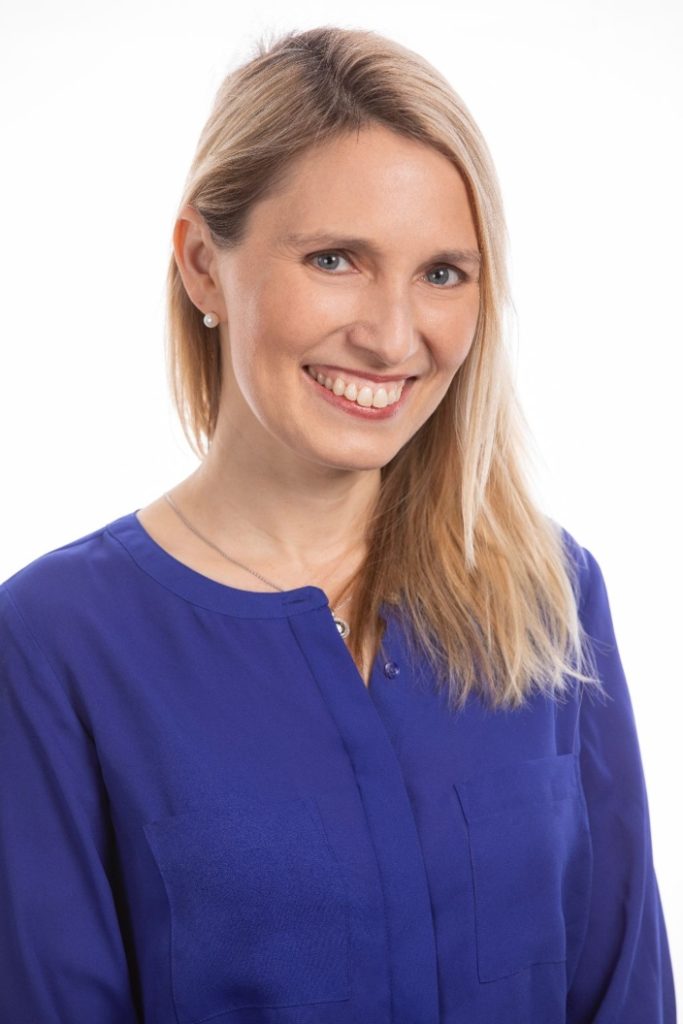Sponsored Content brought to you by Halcyon Home
Amy Sweet, proud recipient of the 2019 Austin CEO of the Year award at Austin Woman magazine’s Woman’s WayBusiness Awards, and 2021 Ernst & Young Entrepreneur of the Year National Finalist, is the founder and owner CEO of Halcyon Home.

Halcyon Home is an Austin-based private-duty home health and hospice continuity-of-care company that allows seniors to age in the residential setting of their choice, with personalized in-home care directed toward their individual needs. Halcyon Home recently gained additional recognition with its care expansion both up and down the south I-35 corridor to Waco and San Marcos, Texas. Sweet earned her master’s degree in Health Science from the University of Pennsylvania, becoming a certified physician assistant. Her work history spreads across the fields of oncology, gastroenterology and geriatric health. Her dream of creating a company with a concierge level of care became an award-winning reality thanks to a hand-picked team that shares her love of care. Halcyon Home provides private-duty (nonmedical), home health (medical), and hospice (medical) care.
“Hospice care is one of the most underutilized benefits in the U.S. Our clinicians, chaplains and volunteers are the key to an end of life journey full of love, remembrance and beauty.”
Planning for At-Home Care
What is the difference between home care, and home health and what makes both essential during the difficult times we are facing today?
The term home care is often replaced with private-duty or personal assistance services. Home care is non-medical assistance involving a private contract with your loved one for individualized services to meet their needs. The contract provides one-on-one assistance with activities of daily living (ADLs). ADLs include eating, bathing, dressing, toileting, transfers and maintenance of bladder and bowel function. Caregivers working in home care assist with ADLs and can also provide aid with transportation, errand running, medication reminders and administration. These services are paid through personal savings or long-term care insurance. Home care can be short durations of time or as much as 24/7.
During the recent COVID-19 pandemic, home care workers were defined as “essential workers.” This designation has given agencies like Halcyon Home the opportunity to provide care and companionship for seniors in communities, skilled nursing/memory care facilities, hospitals and rehabilitation facilities where family members are not allowed to visit freely. Hiring a private caregiver in these instances provides a layer of security and comfort, as well as offers you a window into the day of your loved one through the eyes of a home care essential worker that you or your family member would not have access to otherwise.
Home Health differs from home care in that it provides skilled medical care for homebound patients in their place of residence. Home health requires a physician’s order and a face to face visit with your MD, PA or NP. During the COVID-19 pandemic, medical practitioner telehealth visits were also approved to meet the face to face requirement. Services are covered 100% with no copay under traditional Medicare. Medicare-covered services include skilled nursing, physical, occupational and speech therapy. Qualifying events to consider for home health are a recent change in diagnosis or medications, hospitalization, an in- or outpatient scheduled or unplanned surgical procedure, a fall, decline in ADLs, decline in independent mobility, unsteady gait/balance, wound care or any change in medical condition. Private duty home care and skilled home health can be provided simultaneously for your loved one to meet their complete needs.
What is the difference between palliative care and hospice?
Palliative care improves bothersome symptoms and can take place at any time of the patient’s life and for any disease process. Palliative care’s focus is on pain management. It is a myth that patients cannot seek curative treatment while receiving palliative care. In fact, that is when you should consider palliative care for your loved one, when they are receiving curative treatment yet unable to manage the symptoms and/or pain resulting from their diagnosis. Medicare covers palliative care under the home health benefit and hospice care under the hospice benefit for end-of-life care. Medicare defines end-of-life as the expected last six months.
Hospice services are provided wherever you or your loved one resides, at home, in an assisted living facility, nursing home or hospital. Hospice provides a holistic approach to end-of-life care through a 24/7 on call interdisciplinary team. This team involves registered nursing, a home health aide, social worker and a chaplain. The team provides clinical case management with physician oversight to assist with pain management and comfort through the dying process. The goals of hospice care include comfort, safety and cleanliness, as well as meeting the specific patient’s and family’s goals for end-of-life planning and bereavement. All medications related to the primary diagnosis are provided by and covered under the Medicare hospice benefit, including all durable medical equipment, i.e. hospital bed, oxygen, shower chair and incontinence supplies.
How do I plan for Mom’s and Dad’s care?
The most important factor in planning for the care of your loved one is to understand their specific goals and wishes. The right time to discuss these goals is before the onset of a debilitating illness. This conversation may be difficult, but it can also be rewarding and strengthen the parent-child bond. It can be an opportunity for life reflection and sharing. There are many resources available. Put “end-of-life decision-making” into your favorite search engine. Here are a few I like: vitaltalk.org, nia.nih.gov and deathwithdignity.org. In the absence of conversations, one has to rely on the caregiver’s (child, spouse, parent, medical power of attorney) best assessment of what the patient would want, evidenced by things the patient may have said or done previously. This is called “substituted judgement.” At Halcyon Home, our team of experts is available to assist with difficult conversations and can provide solution-focused in-home options following a free consultation 365 days a year.


